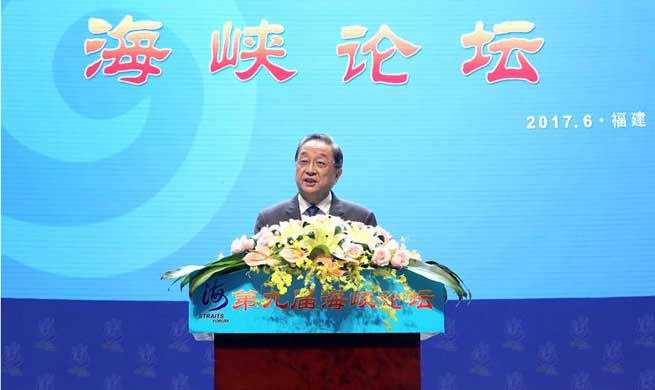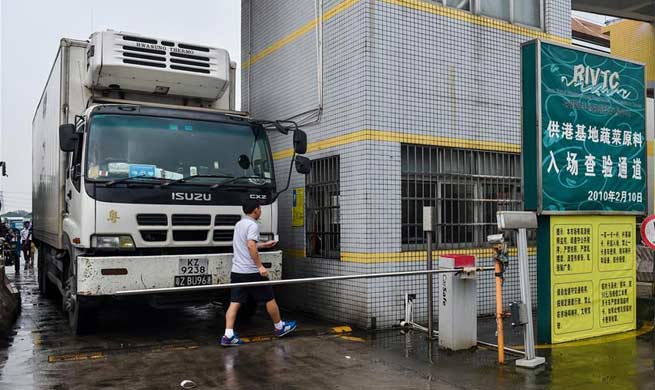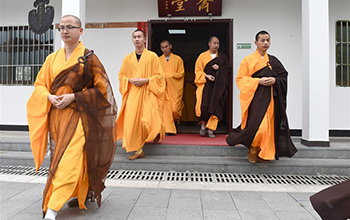SINGAPORE, June 19 (Xinhua) -- Singapore have identified e-commerce and other initiatives relating to the digital economy as potential key priorities for its chairmanship of Association of Southeast Asian Nations (ASEAN) next year, said Senior Minister of State of Trade and Industry Koh Poh Koon Monday.
Koh said at the Digitise ASEAN Conference that the country will work with the rest of ASEAN to streamline regional trade rules governing e-commerce to promote greater digital connectivity and lower operating barriers to entry.
"That will enhance the regional trade architecture for e-commerce, realize freer movement of e-commerce goods across Southeast Asia and support the regional expansion of companies based in ASEAN," he said.
Koh added that the digital economy is a new focus area under ASEAN Economic Community 2025, and there is interest among ASEAN member states to develop their e-commerce capability. He forecasted that the digital economy in ASEAN has the potential to grow to 200 billion U.S. dollars over the next decade, with e-commerce accounting for 88 billion dollars.
Robert Yap, Chairman of ASEAN Business Advisory Council Singapore, said that ASEAN possesses the fundamentals to be the leader in fast moving global digital economy, as it has a GDP of 2.5 trillion dollars growing at six percent, literate population of more than 600 million, and smartphone penetration of around 35 percent.
He called on companies in ASEAN to start embracing digital technology into their business mode to remain relevant or to jumpstart the competition through digitization.
How to deal with the job reduction brought by digitization and other technological advance becomes a hot topic at the conference.
Chua Soon Ghee, partner and head of Southeast Asia at AT Kearney, told Xinhua at the conference's sideline that the key for governments to achieve inclusive growth in the fourth industrial revolution is strengthening laborer training.
"People need new skills and new knowledge to get new jobs," he said. "It is not a long-term solution for governments to protect people from losing old-school jobs that may influence the development of enterprises."

















